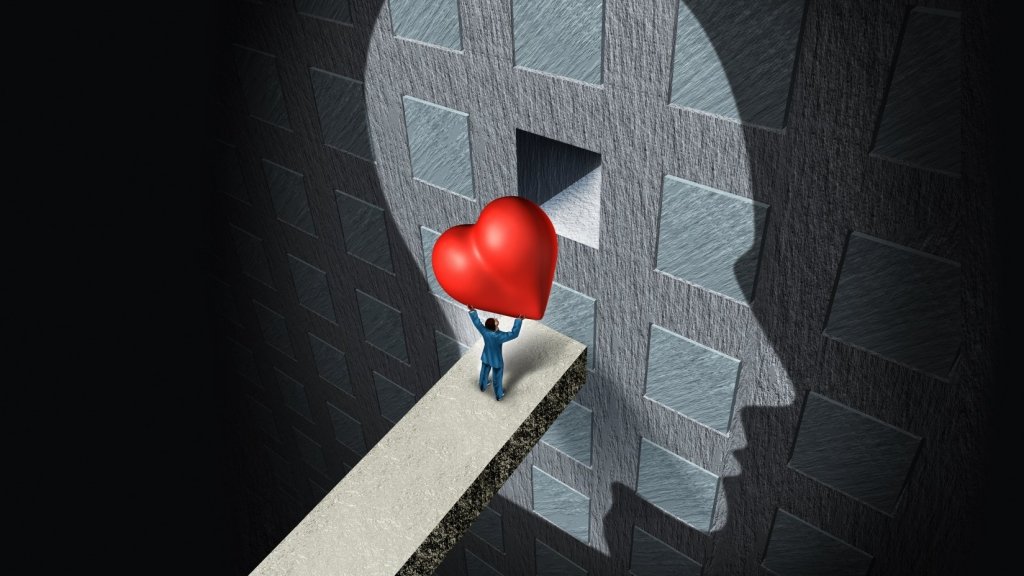
AIDS Counseling
My father Raghevandrasingh is a 65-year-old retired shopkeeper. Before 1 year, he had an accident on his scooter and suffered multiple fractures. At that time, he was operated and was given blood. Since the last 6 months, he has been losing weight and is not keeping good health. The physician has advised him to go for an HIV testing. He says it is just a preventive check-up to rule out AIDS. He is extremely scared to do so and remains in a constant state of fright. He has literally isolated himself in this week fearing that what he suspects might be true. I feel very helpless. Please advise what to do.
Acquired Immune Deficiency Syndrome (AIDS) results from infection by the Human Immunodeficiency Virus (HIV). It kills the immune system of the body with a gradual collapse of the body’s ability to fight the virus and its effects. Introduction of blood products or use of infected needles can also cause this infection as your doctor fears for your father. After the primary infection, there is often a period sometimes lasting many years during which he may experience a mild flu like illness of low grade fever, body ache, headache, fatigue, gastrointestinal upset and skin rash. This is known as seroconversion. Your physician has asked your father to undergo a test. You need to know that a positive result detects exposure to the AIDS virus and not the disease itself. Even if the test is negative, you may need to do a follow up testing after six months if no other cause has been found for the weight loss because the virus may be dormant for some time. You may need to ask the physician to discuss your father’s fears and concerns and to explore the potential reactions to a positive result. You may also need to intervene in a potentially catastrophic reaction. If tested positive, he runs the risk of the following problems: There may be a difficulty in concentrating, unusual fatigability when engaged in demanding mental tasks, feel subjectively slowed down and notice difficulty in remembering. You may feel that he is not as sharp or as quick as he once was. There may be a difficulty with tasks involving problem solving and abstract reasoning and decrease in fluency. There is also an increased risk of brain infections like meningitis, brain cancers and other nutritional problems. There are a lot of social and psychological problems associated with AIDS. No other disorder has been associated with as much social stigmatization. It also increases the risk of developing depression and other psychiatric problems. He may also experience memory problems due to the illness, which may be the main manifestation in his age. There is no medicine that takes care of the problem permanently. The medicine zidovudine has been useful. There are a few practical considerations and recommendations that you may apply for his psychological problems. For the forgetfulness, you have to start using calendars and appointment books. Place Post-it notes in conspicuous places. Make lists for questions, groceries etc. Develop a list of the most important things to check when he is alone in the house like checking the gas, stove, lights. Use an alarm clock as a reminder for medication. Maintain a medication log. Keep a log or journal for complex projects. Maintain a telephone log and keep important telephone numbers near the telephone. Use a cassette tape recorder to dictate thoughts and questions. He will also have slowed speech. So, allow more time for conversations. Do not hurry him along. He should not drive a vehicle. He should be able to plan routes in advance, allow plenty of time and take a friend along if possible when he goes out. In order to ward off the depression and social withdrawal, he needs to plan recreational activities. He needs to be an active participant and rekindle an interest in hobbies and activities. For the inability to concentrate, he has to limit distractions (like turning off the television when talking), meet with people one at a time, break large tasks into smaller more manageable tasks. He should not take on any new or unfamiliar responsibilities. He should avoid tasks for which speed of performance is important. He should simplify activities and plan them at a time of the day when he is at his best. If he develops depression, anxiety or other problems, those should be treated actively with medications and psychiatric help. AIDS is a debilitating disorder and the social problems caused by the stigma of this illness hurt a lot. You may need to support him through this traumatic period. He is also at an increased risk of suicide and you may need to keep an eye for any clues to self-destructive or suicidal behavior. His past responses to stressful situations may help you to get an idea of his reactions. AIDS testing scares one and all and your father’s reactions probably reflect those of many people in our country. Unfortunately, the primary physicians do not do the pretest counseling in our countries in a proper manner. Many people look at the test as already tested positive and are a nervous wreck till the results comes through. If the counseling is done well, many anxieties can go down.



